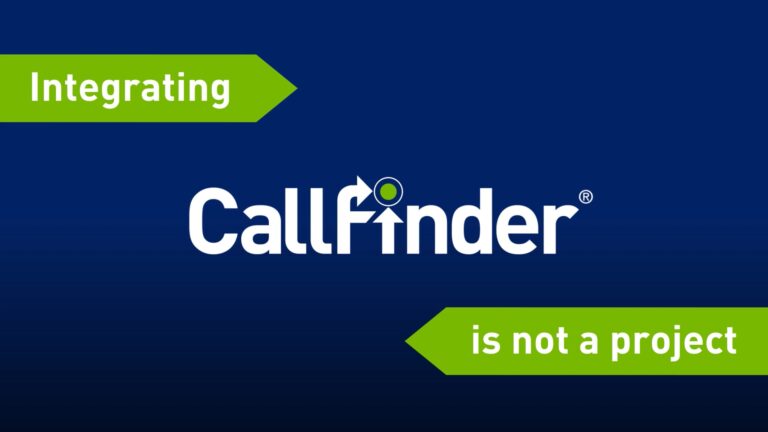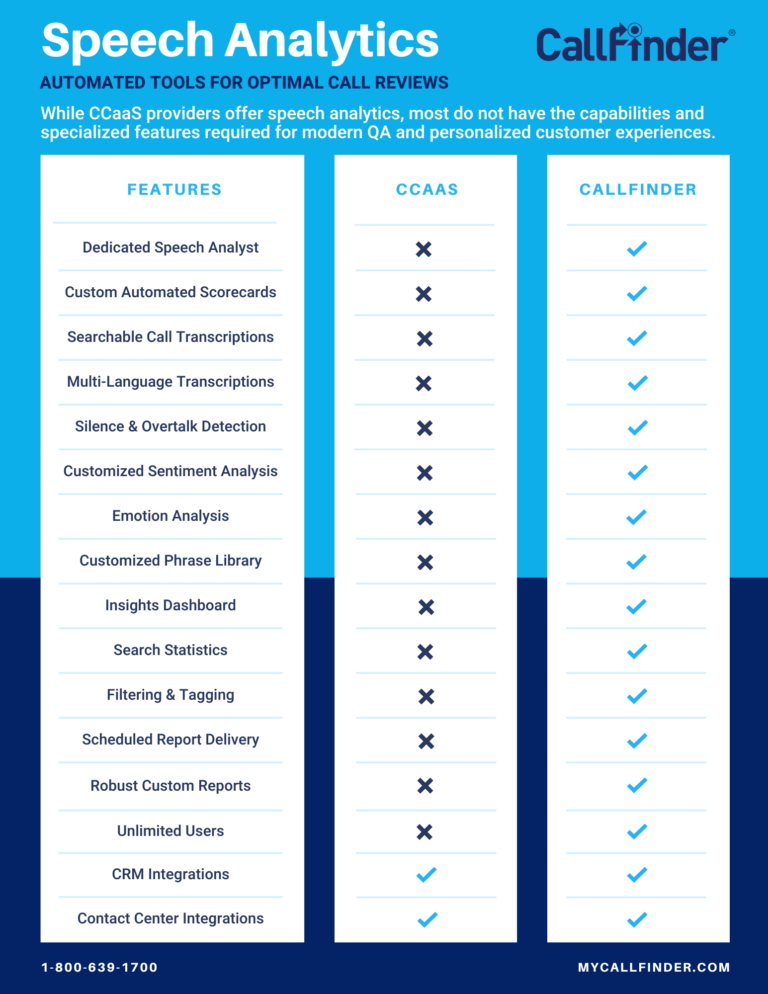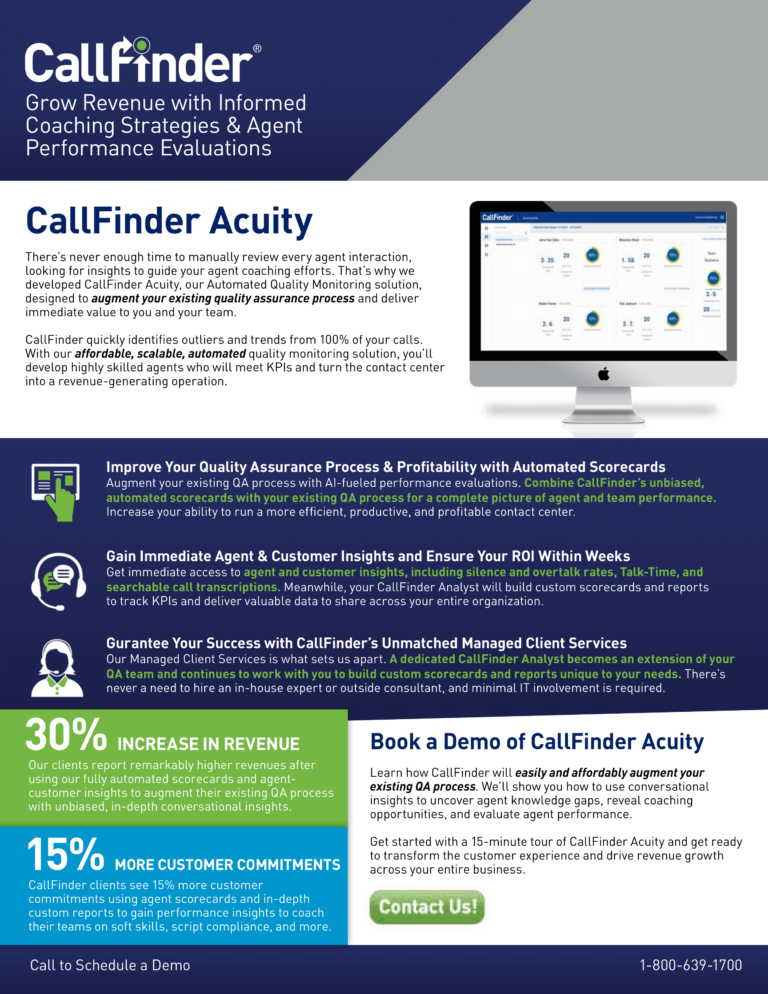Since the dawn of time, as long as there has been communication, there have been miscommunications, especially in relationships. Someone says something that is misconstrued by someone else, which can lead to quarrels, anger, and frustration. And it’s not just personal relationships; miscommunication can affect business relationships, as well. The most important relationship a business can cultivate is that between a contact center agent and a customer, so good communication is critical. But sometimes even a seemingly innocent and reasonable phrase an agent says can have quite a different meaning in the ears of a customer.
Here are three common statements said by agents that can have detrimental effects on their relationships with their customers, along with improved alternatives, and how speech analytics can offer better solutions, overall.
“I Don’t Know
One of the most irritating things a customer can hear from a contact center agent in response to a question are these three little words. Not so much because of the agent’s ignorance – any rational person would understand there may be things outside of an agent’s basic training and knowledge – but because of the perceived dismissiveness of the statement. When all an agent says in response to a query is, “I don’t know”, a tacit “and I don’t care” is what comes across to the customer, making the agent appear both uninformed AND apathetic – a bad combination!
Even if an agent honestly does not know the answer to a question, there are more constructive ways to deal with the situation. For instance, instead of simply saying, “I don’t know”, an agent could say, “Great question! Let me find out the answer for you” and proceed to obtain said information. This way, customers are made to feel the agent really does care about finding a solution to their problem.
But this is ultimately a short-term solution; agents should (and want to) have the knowledge necessary to answer virtually any question that comes their way. With speech analytics, thousands of phone conversations can be quickly scanned to extract common questions customers ask when they call in. Contact centers can use this information to ensure their agents are equipped to answer these questions promptly and accurately.

“Our Department Doesn’t Handle That”
Similar to the “I don’t know” scenario, this answer may seem perfectly logical to the agent, especially in larger companies. After all, if a customer calls in with a tech-related problem, wouldn’t it make sense to let them know they should speak with the tech department? But also like saying, “I don’t know”, an agent telling a customer “Our department doesn’t handle that, you’ll have to speak with this department” can be seen as flippant. When an agent says something like this, what the customer often hears is, “Not my problem; go bother someone else.”
When something is outside of an agent’s wheelhouse, instead of just telling the customer to contact a different department, an agent should connect the customer with the correct department, themselves. They should also reassure the customer by saying something like, “I want to get you to the best person to help you with your predicament; let me transfer you to one of our experts in our tech department.”
Of course, an even better solution would be to not have to transfer them, at all. Contact centers can listen to the recorded conversations other departments have with customers, and use speech analytics to detect frequently asked questions that may arise. Agents can then be provided with easily-accessible answers to such questions, thus diminishing the need to transfer customers.
“That’s Our Policy”
Most policies in a company with regards to customers are set for a good reason, and help to reaffirm some sense of order in this hectic world. Clearly defined terms on things such as return policies can help eliminate confusion for the consumer and protect the company. But while adhering to company policies is generally recommended, sometimes adhering too strongly can have detrimental effects, especially when it comes to customer retention. If agents are not able to think outside the box occasionally, then “That’s our policy” sounds more like, “We care more about our rules than keeping you as our customer”.
Agents should also always have some level of empathy and flexibility when it comes to customers. For instance, a customer may attempt to return an item, but may have just exceeded the number of days for a refund. Instead of just restating the company’s “30 Day Return Policy”, an agent can offer an alternative solution to the customer, such as store credit. This way, rules aren’t being broken – just bent a little.
Speech analytics can also improve policies by helping to discover the true voice of the customer. By searching for and extracting specific words and phrases, companies may discover certain policies tend to cause confusion and irritation among their customers. Companies can then take this data and use it to make informed business decisions to implement policies that make both customers and agents happy.
Uncover Clear Business Value With Speech Analytics
To maintain a good relationship, anything an agent says should never be taken the wrong way by a customer. By using speech analytics to ensure agents are saying the right things, companies can help guarantee everything is in perfect harmony. You can learn more about the intelligence and how you can gain clear business value with speech analytics in our speech analytics resources area, which features white papers, case studies, and more.











